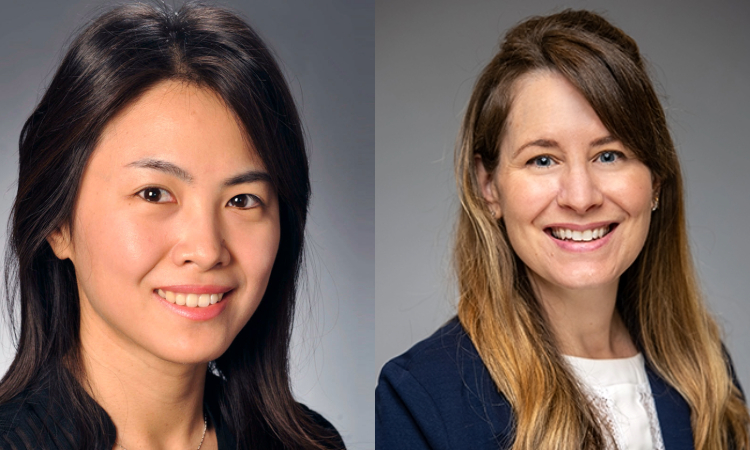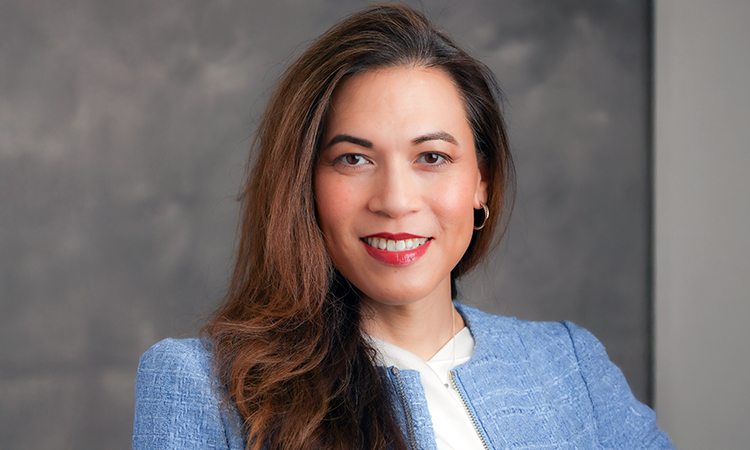A recent study highlights the importance of timely follow-up care after abnormal human papillomavirus (HPV) screenings. Conducted by Kaiser Permanente researchers, the study includes contributions from Kaiser Permanente Bernard J. Tyson School of Medicine (KPSOM) faculty and finds that while most women receive colposcopy follow-up within recommended timeframes, disparities persist based on race and socioeconomic status.
The study, “Evaluating the trend of time to colposcopy follow-up among women with a positive primary human papillomavirus screening result at Kaiser Permanente Southern California,” was published in the American Journal of Obstetrics and Gynecology. KPSOM faculty members Erin Hahn, PhD, MPH, Associate Professor of Health Systems Science, and Chun Chao, PhD, MS, Professor of Health Systems Science, contributed to this research, emphasizing the school's commitment to advancing health equity through rigorous investigation.
Some HPV infections can lead to certain cancers such as cervical cancer. The study observed that women testing positive for HPV types 16 or 18, or those with high-grade cytology results, were more likely to receive prompt follow-up with colposcopy, a procedure that uses a special magnifying device to closely examine the cervix for signs of disease. However, non-Hispanic Black women and those from underresourced neighborhoods were less likely to receive timely colposcopy. These findings underscore the need to address barriers to care and ensure equitable access to follow-up care.



